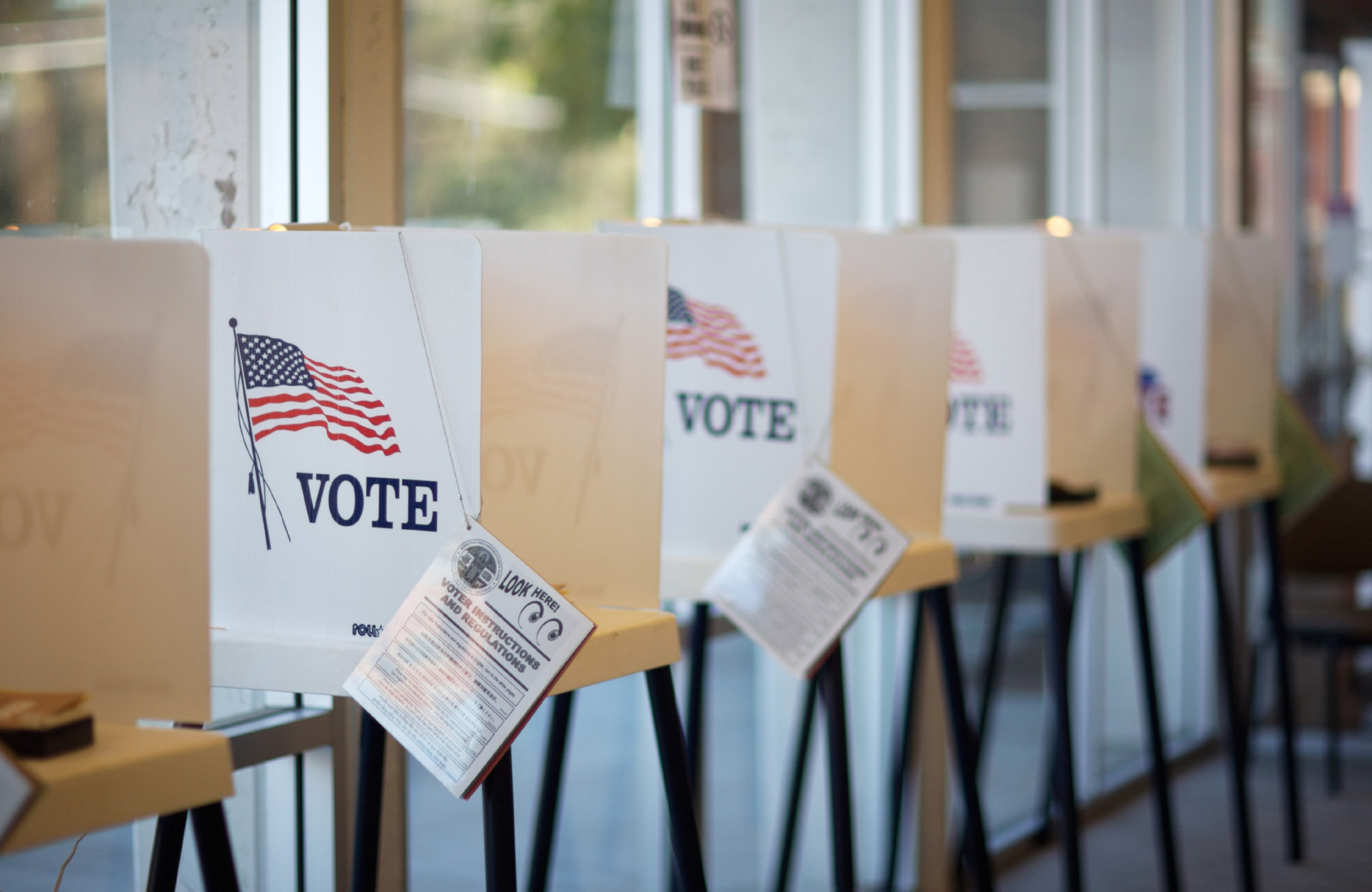
WASHINGTON (BP) — Most leaders of the National Association of Evangelicals identified as independents in an NAE poll preceding the 2018 U.S. midterm elections, the group said Oct. 31.
Two-thirds of those surveyed, 66 percent, described themselves as independents rather than a member of a major political party in the NAE poll of its 106-member board of directors, the NAE said. While the sampling is narrow and not scientific, the NAE said the results “track with” those of a 2017 Gallup poll of the general U.S. population.
The independent category garnered the greatest portion of respondents in the Gallup poll, 42 percent, Gallup said in January. Smaller percentages told Gallup they were Democrats or Republicans, 29 and 27 percent, respectively. When the latter categories are combined, a majority of Americans polled (56 percent) told Gallup they were members of a major political party in 2017.
Regarding the NAE poll, results indicate that evangelicals prioritize “Christian identity over political party identity,” NAE President Leith Anderson said. “Faith comes first,” he said, whether the evangelical is independent, Democrat, Republican “or another registration.”
The poll did not inquire of major party affiliation among board members, NAE communications director Sarah Kropp Brown told Baptist Press Nov. 2.
“We asked: ‘Do you identify as an independent or with a political party?'” Brown said. “We did not gather information on which political party.”
At least two Southern Baptists are NAE board members, namely Ed Stetzer, executive director of the Billy Graham Center for Evangelism at Wheaton College, and Kairos Company founder Johnnie Moore. Other board members, such as nonprofit leaders, may also be Southern Baptist, Brown said, as well as many among the NAE’s 42,000 membership.
NAE members who consider themselves independent may still publicly identify with a major political party, said board member Randall Bach, president of Open Bible Churches.
“I do not want to lose an [independent] public voice even though I may personally identify with and even be registered for voting purposes with a political party,” Bach said in NAE’s press release. “My voice must be nonpartisan in order to speak to issues without becoming an extension of or co-opted by a political party, a challenging niche.”
Identifying with a major political party may adversely affect a Christian leader’s influence, said Alan Robinson, national director of Brethren in Christ, U.S., an Anabaptist Christian group.
“No single party fully represents the priorities of the Gospel of Jesus and the Kingdom of God,” NAE quoted Robinson as saying.
NAE does not release specific polling data, Brown said of the poll conducted in September in advance of Nov. 6 midterm elections.
Ballots across the nation will include all 435 seats in the U.S. House of Representatives, a third of U.S. senators and 36 state governors, according to USA.gov. At least 301 mayoral elections are on ballots, according to Nov. 2 numbers from the U.S. Conference of Mayors.
See BP’s earlier story on evangelicals and voting, based on LifeWay Research sponsored by Wheaton’s Billy Graham Center.















